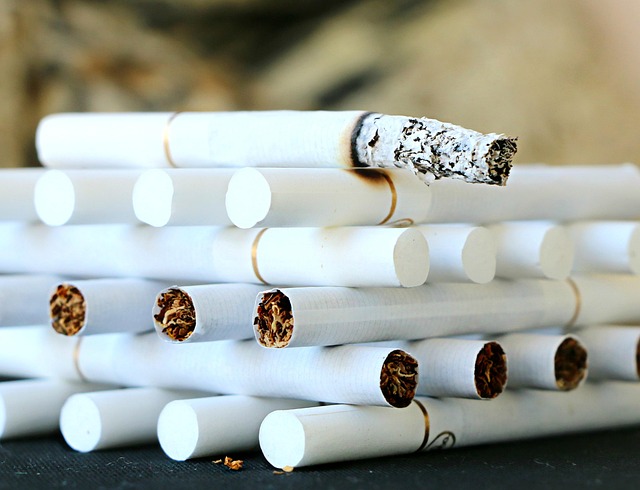The Dark Side of Social Media: Understanding Addiction Disorders
In the digital age, social media has become an integral part of our daily lives. It connects us, informs us, and entertains us. However, beneath the surface of this seemingly benign tool lies a darker reality that many of us are beginning to uncover. The term addiction disorders is often associated with substance abuse or gambling, but social media has emerged as an unexpected contender in this realm of obsession and dependency.
The Impact of Social Media on Mental Health
As we scroll through our feeds, we are constantly bombarded with images, videos, and updates that trigger a myriad of emotions. The dopamine rush we get from likes, comments, and shares can quickly become addictive. Researchers have found that the brain’s reward center is significantly activated when we receive social validation online. This craving for affirmation can lead to a compulsive need to check our devices, fostering a cycle that can spiral into what experts are now recognizing as addiction disorders.
Social Media: A Double-Edged Sword
While social media offers numerous benefits, such as fostering connections with friends and supporting important causes, it can also have detrimental effects on our mental health. Many individuals find themselves spending hours online, leading to feelings of inadequacy and loneliness when they compare their lives to the curated images of others. This constant comparison can exacerbate issues like anxiety, depression, and low self-esteem, pushing users deeper into the clutches of addiction as they seek comfort in the validation received from their social networks.
The Signs of Social Media Addiction
Recognizing signs of social media addiction can be challenging, especially since the platforms are designed to keep us engaged. Here are some indicators that your social media usage might be heading into dangerous territory:
- You find yourself spending more time online than intended.
- You feel anxious or restless when unable to access your accounts.
- You prioritize social media interactions over real-life relationships.
- Your work or academic performance is suffering due to distractions from your devices.
- You rely on social media to escape from real-life problems or emotions.
Breaking Free from the Cycle
Understanding the impact of social media on our lives is the first step towards regaining control. It’s essential to set healthy boundaries around our social media usage. This might involve scheduling specific times for checking your accounts or engaging in digital detox periods to reconnect with the real world.
Support groups and counseling can also be invaluable resources for those struggling with addiction disorders related to social media. Sharing experiences and learning from others can provide the encouragement necessary to make meaningful changes.
In a world where connections are often measured in likes and shares, it is crucial to remember that our self-worth should never be tied to online validation. By fostering a healthier relationship with social media, we can protect our mental health and navigate the digital landscape with a sense of balance and fulfillment.



